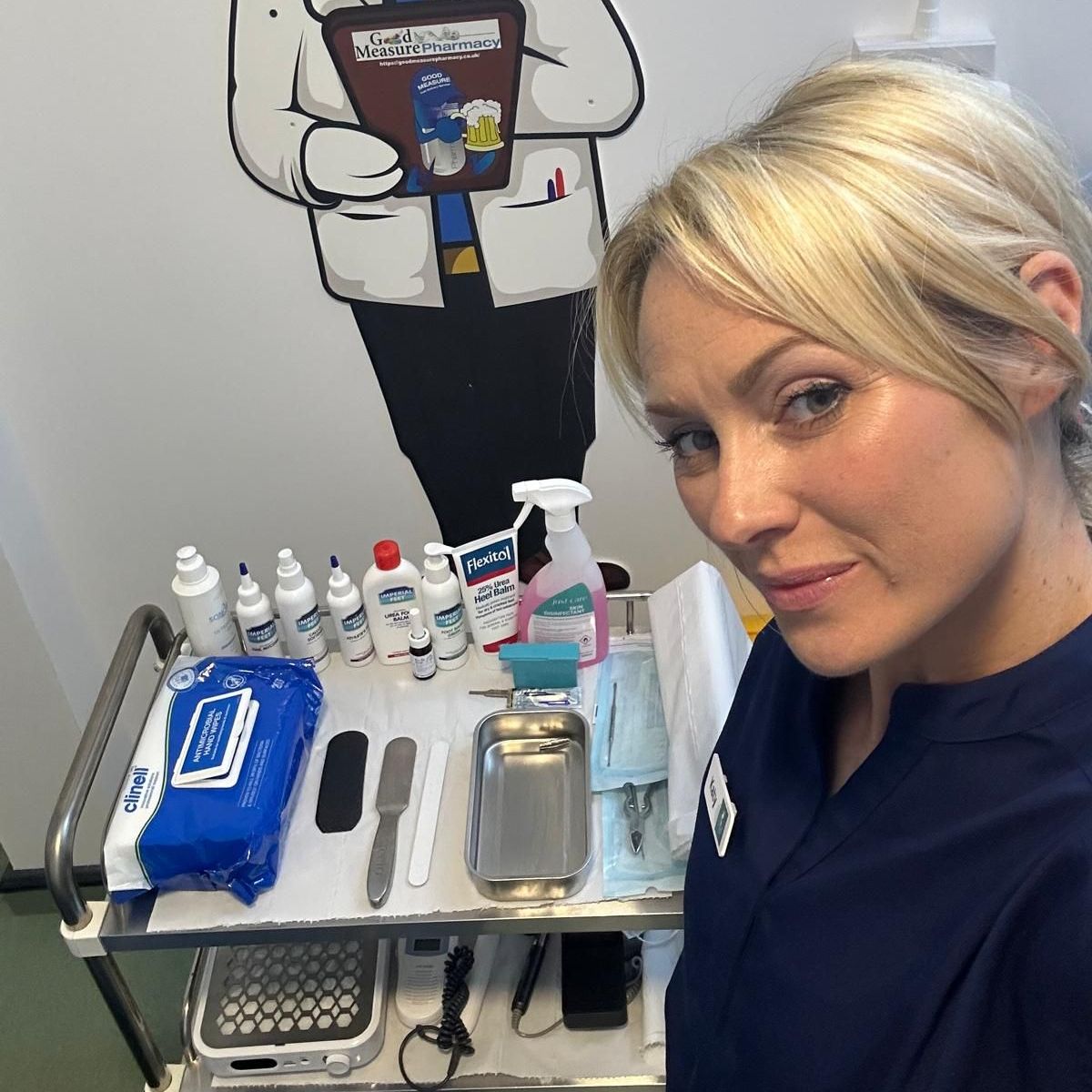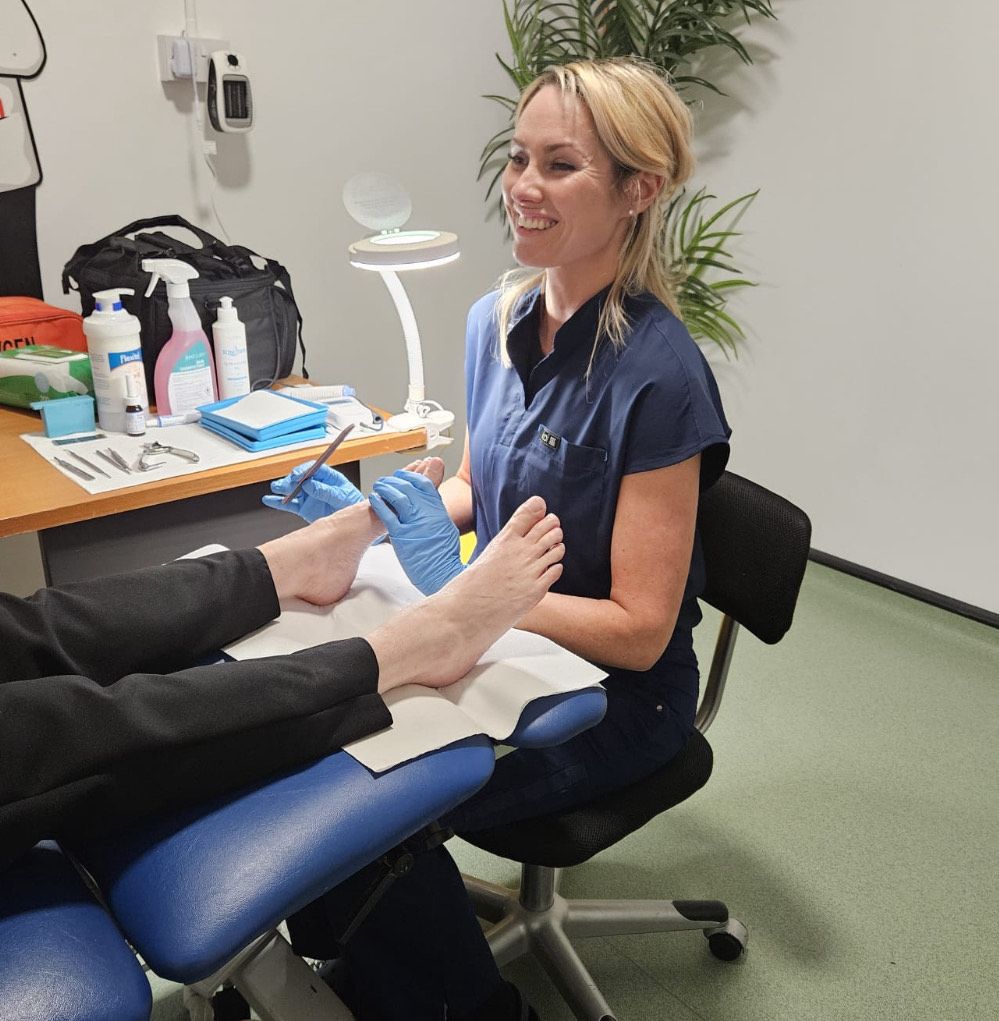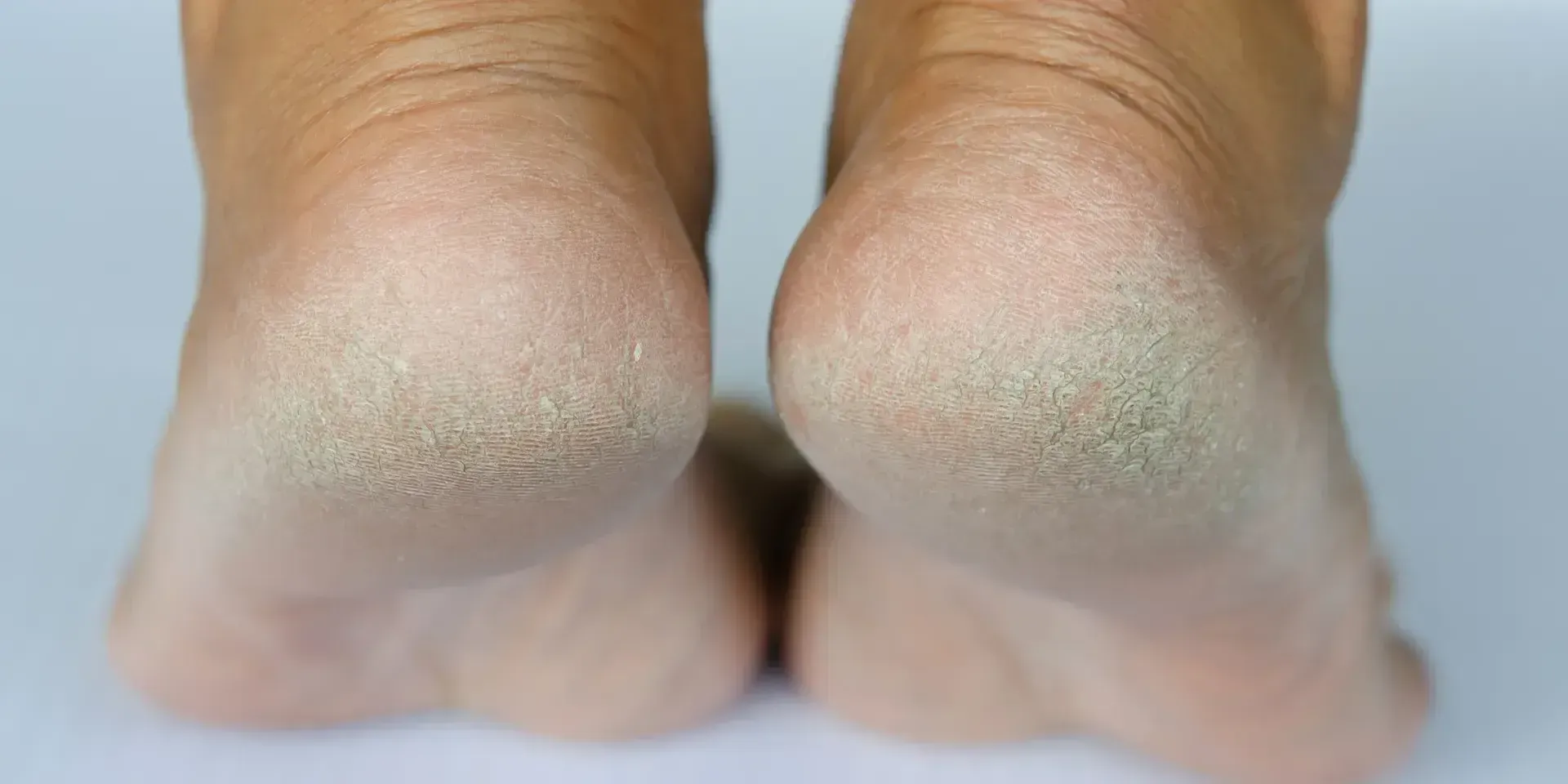The Importance of Choosing the Right Footcare Centre: A Guide to Healthier, Happier Feet
Why Foot Health Deserves More Attention
When it comes to our overall health, our feet often get overlooked until something goes wrong. Whether it’s dry, cracked heels, stubborn corns, or painful fungal infections, neglecting foot health can significantly affect your comfort, mobility, and confidence. That’s where the right footcare centre steps in, not a spa, not a salon, but a professional environment focused on restoring, maintaining, and optimising the health of your feet.
In this article, we’ll explore what makes a footcare centre truly valuable, what services you should expect, how to know when it’s time to book, and why Feet Therapy has become a go-to choice for residents in Rotherham and beyond. If you’ve been searching for more than just a pedicure, something tailored, kind, and medically sound, you’re in the right place.
What is a Footcare Centre?
A footcare centre is a specialised clinic or service dedicated to the medical, functional, and aesthetic well-being of your feet. These centres are staffed by qualified foot health professionals, often with backgrounds in chiropody or podiatry, who offer treatments aimed at preventing and resolving issues like thickened nails, cracked skin, corns, calluses, fungal infections, ingrown toenails, and much more.
Unlike beauty salons or nail bars, which often focus on surface-level results, a reputable footcare centre looks at the root causes of foot problems. The goal is not only to make your feet look better but to ensure they feel better and function optimally.
Common Foot Conditions That Need Professional Care
It’s easy to dismiss foot discomfort as something minor-until it escalates. Here are just a few foot conditions that call for the expertise of a professional footcare centre:
- Fungal nail infections: Yellow, thickened, or brittle nails are not only unsightly but also contagious and stubborn without proper treatment.
- Corns and calluses: These painful, hardened patches can limit mobility if left unmanaged.
- Cracked heels: More than just a cosmetic concern, deep fissures can lead to bleeding or infection.
- Verrucas (plantar warts): Often persistent and painful, especially in weight-bearing areas.
- Ingrown toenails: A recurring problem for many, which can lead to serious infections.
- Diabetic foot issues: Reduced circulation and nerve sensitivity demand vigilant, specialist care.
Many of these issues can worsen over time if ignored, affecting your ability to walk comfortably, exercise, or simply enjoy daily life. That’s why early intervention from a qualified practitioner is vital.
Why DIY or Spa Pedicures Aren’t Enough
While a spa pedicure might offer momentary relief, it’s no substitute for seeing a qualified footcare professional. Nail bars and beauty salons often use tools and methods that are not medically sterile or suited to treating underlying problems. They may trim nails too short, use aggressive scraping techniques, or miss signs of infection altogether.
A professional footcare centre, on the other hand, focuses on long-term solutions and prevention. At Feet Therapy, for example, all treatments are carried out in a hygienic, clinical setting with patient safety as the top priority. They also offer in-depth consultations to address the root causes of your discomfort, so you don’t keep returning with the same issue again and again.
The Feet Therapy Difference
Located in Rotherham, Feet Therapy provides a warm, welcoming environment designed to make you
feel at ease, whether you’re visiting their clinic or booking a mobile appointment. They specialise in:
- Nail care: Cutting, shaping, and managing thickened nails or fungal infections.
- Skin treatments: From cracked heels to stubborn calluses, dry skin and corns.
- Specialist therapies: Warm wax therapy and massage to boost circulation and reduce discomfort.
- Verruca removal: Including cryotherapy to effectively target deep-seated warts.
- Diabetic foot checks: Gentle, thorough care for those needing regular monitoring.
- Mobile/home visits: For clients who are housebound, elderly, or simply prefer being treated in their own space.
What sets them apart isn’t just their professional standards; it’s the kindness and care woven into every appointment. Feet Therapy practitioners take the time to explain what they’re doing, why they’re doing it, and how to keep your feet healthy between visits.
When to Visit a Footcare Centre
Don’t wait until you’re in pain. Visiting a footcare centre proactively can help you avoid discomfort down the line. Here are some signs it’s time to book:
- Persistent pain in your feet or lower legs
- Skin that is dry, cracked or thickened
- Changes in nail colour or thickness
- Corns or calluses that keep returning
- A burning, tingling sensation in your toes
- A verruca that hasn’t cleared on its own
- Difficulty trimming your own nails safely
- A history of diabetes or poor circulation
Even if you’re not dealing with a major issue, regular visits to a footcare centre can maintain good foot hygiene and spot problems early.
The Benefits of Regular Footcare
Your feet are complex structures, each one with 26 bones, 33 joints, and over 100 muscles, tendons and ligaments. Keeping them healthy goes a long way toward supporting your overall well-being. Regular visits to a footcare centre can lead to:
- Improved mobility and flexibility
- Prevention of infections and complications
- Enhanced comfort and confidence
- Better posture and gait
- Early diagnosis of underlying health issues
- Long-term cost savings from avoiding future problems
At Feet Therapy, clients often report feeling lighter, more comfortable in their shoes, and more confident overall after just a single visit.
Why Home Visits Matter
For many people, especially the elderly or those with mobility challenges, getting to a clinic isn’t always feasible. That’s why Feet Therapy’s mobile service is such a game-changer. With the same clinical standards as the clinic-based treatments, mobile visits allow clients to receive personalised care from the comfort of their home.
This is especially valuable for individuals recovering from surgery, dealing with long-term illnesses, or simply needing a bit more flexibility in their schedule. And yes, the same kindness, professionalism, and expert touch comes right to your door.
What to Expect at Your First Appointment
Feeling nervous about your first visit? Don’t be. At Feet Therapy, your comfort is a priority. A typical session starts with a friendly chat about your foot health history, current concerns, and any medical conditions that may be relevant.
From there, your practitioner will carry out an assessment and provide the appropriate treatment, be it nail care, skin work, massage, or cryotherapy. They’ll also give you practical advice on aftercare and tips to maintain your results.
Everything is carried out with clean, sterilised instruments in accordance with medical hygiene standards. And if you need ongoing support, a follow-up plan can be arranged to suit your needs.
How Footcare Improves Quality of Life
Many people underestimate how significantly foot problems can interfere with daily life. Aching feet can make you avoid exercise. Cracked heels can prevent you from wearing certain shoes. Embarrassing fungal infections or thick nails might keep you from even showing your feet in public.
But when your feet feel good, you move more, you feel better, and your confidence increases. That’s the magic of a well-run footcare centre, they don’t just treat your feet, they transform your everyday experience.
Footcare for Diabetics: A Lifesaving Habit
For those living with diabetes, foot care isn’t optional-it’s essential. Diabetes can cause nerve damage and poor circulation in the feet, leading to wounds that heal slowly and can quickly escalate into serious infections.
Feet Therapy offers diabetic foot checks as part of its standard service. These are gentle yet thorough assessments designed to catch potential issues early. Clients receive advice on foot hygiene, footwear, and lifestyle habits that support better circulation and foot health. In many cases, these simple interventions can prevent complications that lead to hospitalisation or worse.
Why Prevention is Better Than Cure
You wouldn’t skip dental check-ups for years, so why neglect your feet? Just like your teeth, your feet benefit from regular maintenance and expert attention. Small issues like dry skin or overgrown nails may seem minor now, but can evolve into painful conditions if left untreated.
By visiting a reputable footcare centre, a routine part of your healthcare, you’re investing in your long-term mobility, comfort, and wellbeing.
Choosing the Right Footcare Centre
Not all footcare providers are created equal. When choosing where to go, look for:
- Qualified professionals: Are they trained in foot health, and do they follow hygiene protocols?
- Clear communication: Do they explain treatments and answer your questions patiently?
- Tailored care: Do they offer flexible appointment types, including home visits?
- Respect and kindness: Do they make you feel comfortable and understood?
- Preventative focus: Do they help you avoid future issues through education?
Feet Therapy ticks all these boxes and more, providing a safe, welcoming, and effective solution for anyone looking to improve their foot health.
Step into a Better Quality of Life
Healthy feet are more than a luxury; they’re a foundation for independence, freedom, and self-confidence. Whether you’re battling ongoing foot issues or simply want to take proactive steps to keep your feet in great shape, choosing the right footcare centre is key.
Feet Therapy combines clinical expertise with genuine compassion, delivering both in-clinic and mobile care that truly makes a difference. So don’t wait until the pain forces your hand, give your feet the attention they deserve today.








